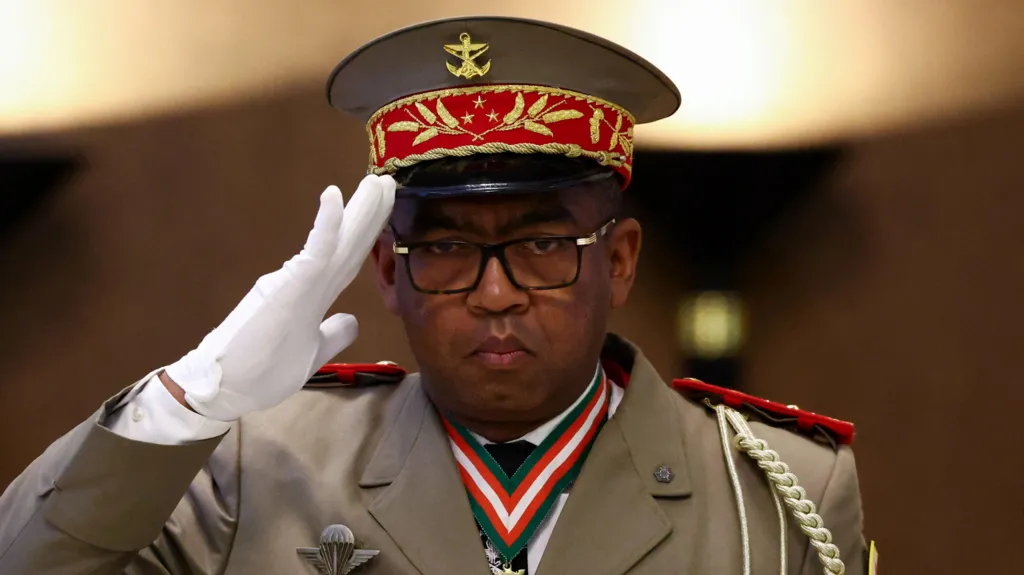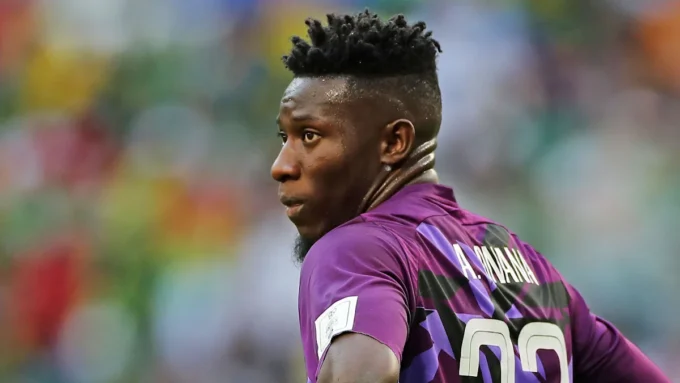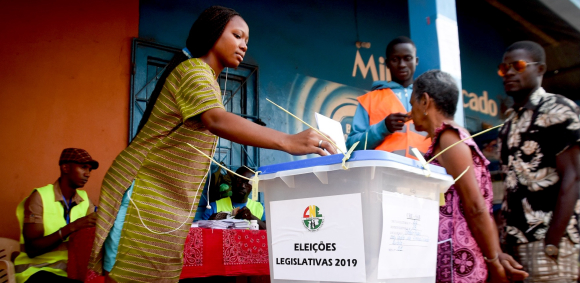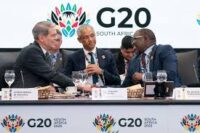Madagascar’s embattled President Andry Rajoelina has appointed a senior army officer, Gen Ruphin Fortunat Zafisambo, as the country’s new prime minister in a bid to restore order amid growing youth-led protests demanding his resignation. The move, announced during a late-night address, signals a deeper militarisation of Rajoelina’s government as nationwide unrest shows no sign of easing.
Rajoelina said Madagascar needed a leader “capable of restoring order and the people’s trust,” portraying the appointment as essential to ending weeks of turmoil. But many see the decision as an attempt to tighten his grip on power by securing military loyalty. The protests, which began on 25 September over chronic power and water shortages, have evolved into a broader movement against corruption, unemployment, and the soaring cost of living.
The youth-led movement known as Gen Z Mada immediately rejected the appointment, issuing a 48-hour ultimatum for Rajoelina to resign. “As long as Rajoelina remains in power, we will continue the struggle,” the group said in a statement widely circulated online. Despite these warnings, the president remains defiant, having already dismissed civilian Prime Minister Christian Ntsay and dissolved his cabinet in a failed attempt to calm tensions.
The protests have entered their third week, spreading from the capital, Antananarivo, to major cities including Toliara in the south and Diego Suarez in the north. Clashes between demonstrators and security forces have turned deadly. The United Nations reports that at least 22 people have been killed and more than 100 injured, though the government has dismissed those figures as “rumours and misinformation.” Images of protesters in gas masks facing tear gas and barricades have become symbols of a nation in crisis.
Gen Zafisambo, previously the director of the military cabinet in the prime minister’s office, now faces the daunting task of navigating a deeply divided country. Opposition figures, including former President Marc Ravalomanana, have condemned the appointment, warning it will not resolve Madagascar’s political paralysis. “He doesn’t listen,” Ravalomanana said of Rajoelina, arguing that the military’s involvement would only deepen mistrust and unrest.
Madagascar, despite its vast natural resources, remains one of the world’s poorest nations. According to the World Bank, about 75% of its 30 million citizens live below the poverty line, and the International Monetary Fund (IMF) reports that only a third of the population has access to electricity. Years of economic hardship, coupled with allegations of corruption and poor governance, have fueled public frustration with Rajoelina’s administration.
This is not the first time Madagascar has faced political upheaval. The country has experienced multiple uprisings since gaining independence in 1960. Rajoelina himself rose to power in 2009 after protests forced then-President Marc Ravalomanana to step down. He returned to power after the 2018 election and was re-elected in 2023, but the current unrest poses the most serious challenge to his leadership yet.
As demonstrations persist, Rajoelina’s turn to the military could provide short-term stability but risks escalating tensions and deepening public resentment. Whether Gen Zafisambo’s appointment can genuinely restore order or simply entrench military influence remains uncertain. For many Malagasy citizens, weary of decades of political instability and economic hardship, the promise of “restoring trust” feels increasingly distant.














Leave a comment